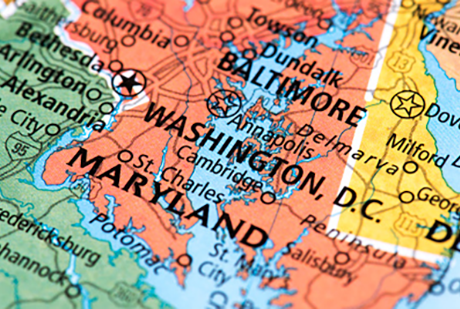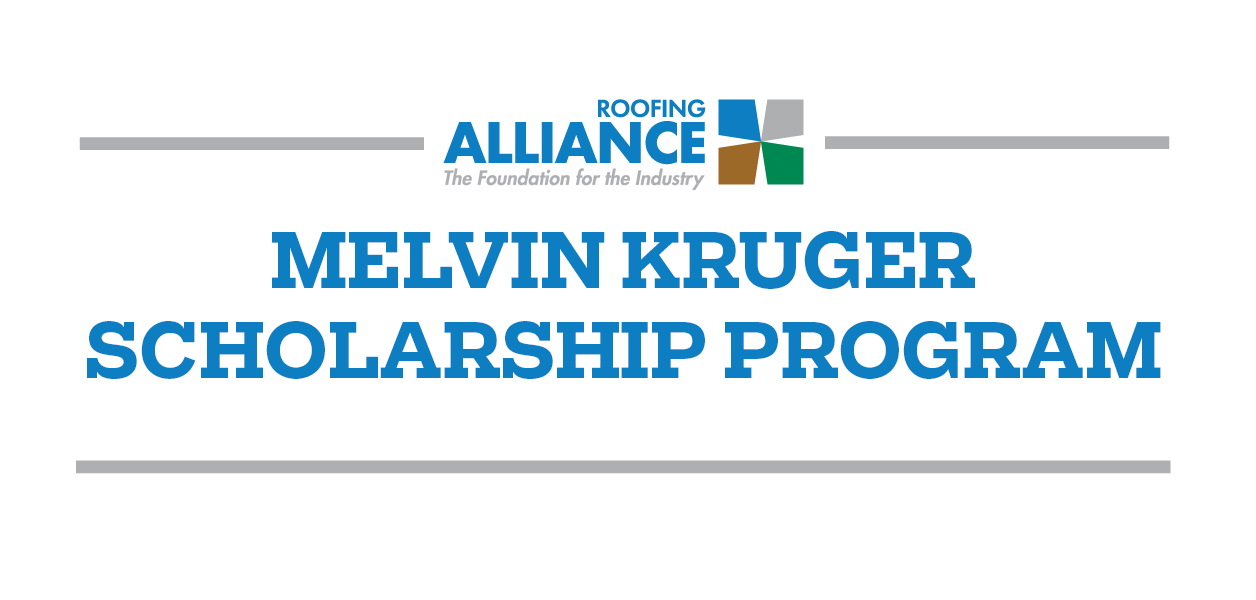Although construction has been declared one of Maryland’s essential businesses by Gov. Larry Hogan (R-Md.) amid the COVID-19 crisis, contractors in the state are finding the situation to be complicated, according to The Baltimore Sun.
Businesses such as restaurants can switch to takeout, but construction requires workers to come together in one place. Hogan issued an executive order allowing the health department to shut down any construction site deemed unsafe, but his office has not issued any specific guidelines. Businesses are scrambling to figure out how to keep their workers safe.
Industry groups, such as the Maryland Building Industry Association, are lobbying for construction to continue to be deemed essential as a few other states—including Pennsylvania—have labeled it otherwise. Local unions and small-business owners are struggling with trying to provide a consistent paycheck while protecting employees from the risk of COVID-19 exposure.
“I’m supposed to supply people for the contractors, but I also want to keep my people safe and free from the virus,” said Peter P. Demchuk, business manager for International Brotherhood of Electrical Workers Local Union No. 24. “I’m torn. And with Pennsylvania closing down, I have to question myself. You just don’t know where the limits are.”
The governor’s spokesman, Mike Ricci, said Hogan is adhering to the federal government’s guidelines, which advise to keep construction open; however, Ricci said it ultimately is up to the business owners to decide whether they can continue working as normal while still protecting workers.
Maryland’s construction industry brought in $18 billion last year, accounting for about 4.4% of Maryland’s gross domestic product, according to the state’s commerce department. The industry employs about 118,000 in Maryland and builds more than 1,000 projects each year.
The state health department said it does not track the number of cases on construction sites, but the Department of General Services said five construction sites are shut down because of possible COVID-19 threats. Despite concerns from unions, contractors and workers, most construction managers are trying to find ways to move forward as safely as possible.





